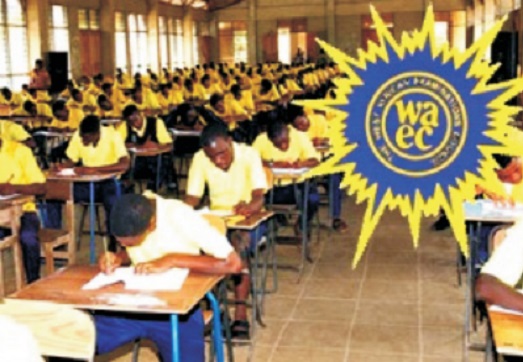The Liberian Education Reform Act of 2011 empowers the Ministry of Education (MOE) to certify, license, and accredit educators, school administrators, and support staff. However, it lacks specifics on the renewal frequency for school licenses, raising concerns about consistent oversight. The Act also mandates the MOE to ensure quality education through various mechanisms: conducting inspections against national standards, monitoring teacher qualifications and performance, and evaluating student achievement aligned with curriculum objectives through assessments like the West African Senior School Certificate Examination (WASSCE). This framework aims to enhance educational quality across both public and private institutions in Liberia.
Research over the past two decades indicates school closures in Liberia have predominantly stemmed from unsafe conditions, inadequate registration, and insufficient infrastructure, rather than poor academic performance. This finding suggests that academic outcomes have not been a prioritized criterion for school closures. Although there are inherent challenges associated with the WASSCE, implementing a system that ranks schools based on their examination performance could yield significant advantages for Liberia’s education sector. Such a ranking system could instill improved accountability amongst school administrators, teachers, and students, highlighting underperforming institutions while enabling high-achieving schools to serve as benchmarks.
Utilizing WASSCE data for school rankings could assist policymakers and stakeholders in making informed, evidence-based decisions regarding resource allocation and interventions for struggling schools. This data would also pinpoint critical areas of educational weakness, such as teacher quality or infrastructure, allowing targeted solutions to be developed. Furthermore, a ranking system would encourage both public and private schools to improve their educational offerings, as they would be motivated to compete for better rankings and thus enhance overall educational standards in the country.
Another significant benefit of ranking schools based on WASSCE performance is increased transparency for parents and students. Such public rankings empower families to make informed choices concerning school enrollment, ensuring students attend institutions with proven academic success. Additionally, this transparency enhances accountability mechanisms, as parents can hold schools responsible for their students’ educational outcomes. Emphasizing academic excellence through rankings might cultivate a culture of quality education, with schools striving to improve their academic performance and share best practices to elevate the overall educational landscape.
While the WASSCE is not a flawless metric for assessing student performance, it serves as a useful gauge of a school’s academic effectiveness. Nonetheless, the WASSCE’s credibility has been compromised by reports of cheating and other malpractices in recent years. Incidents involving school administrators facilitating exam malfeasance, especially noted in Montserrado County, have raised concerns about the integrity of the examination process. To mitigate these issues, the Liberian government must consider either enhancing accountability measures for exam oversight bodies or initiating changes in leadership within the West African Examination Council (WAEC) to address chronic issues of exam malpractice and ensure more reliable assessment outcomes.
Chris Tokpah, the author, is the Associate Vice President for Institutional Effectiveness at Delaware County Community College and possesses extensive expertise in educational measurement and evaluation. His academic background includes a Ph.D. in Program Evaluation and Measurement, an MBA with a focus on Management Information Systems, and a B.Sc. in Mathematics. With his comprehensive experience in conducting and supervising evaluations for various international organizations, Tokpah advocates for reforms in Liberia’s education system through a rigorous and accountable examination process. He emphasizes the need for systematic improvements that will not only address current challenges but also strengthen the foundations of education in Liberia long-term.


